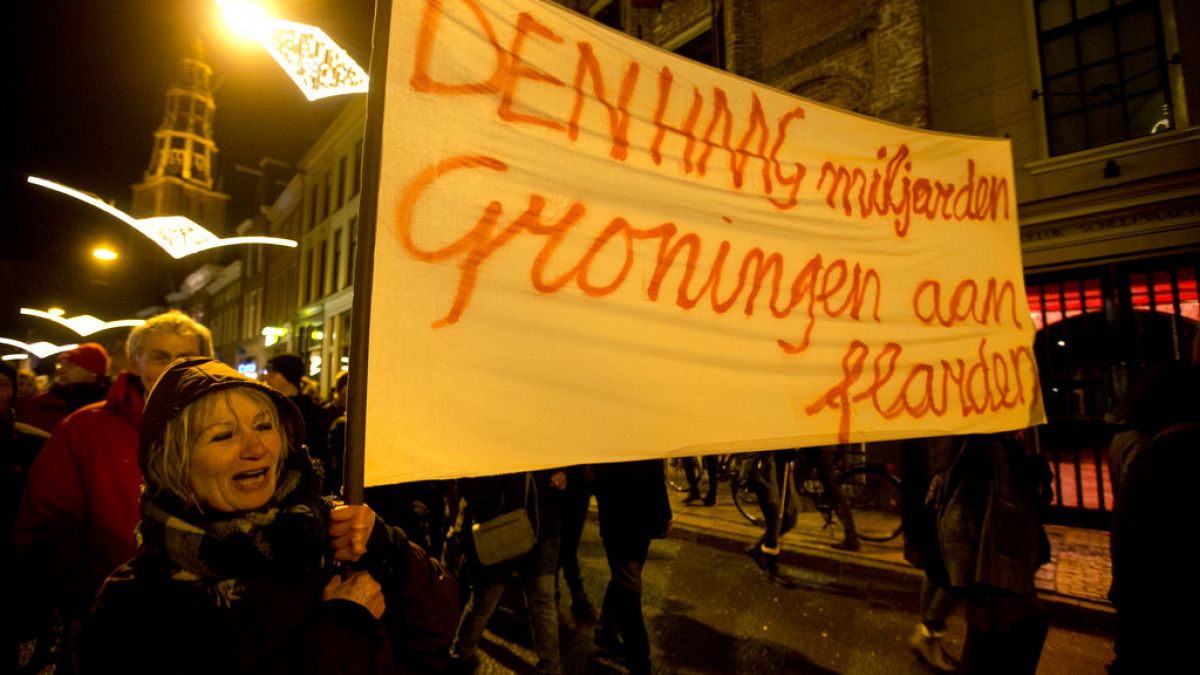ExxonMobil, the US petroleum giant, has taken legal action against the Dutch government for its 2018 decision to reduce gas production in Groningen, Europe’s largest gas field, due to extraction-linked earthquakes. The move, which could result in a multi-billion euro compensation claim, is seen as an attempt to pressure the Netherlands’ new right-wing government, following the recent ousting of long-serving liberal Prime Minister Mark Rutte. ExxonMobil’s decision to invoke the Energy Charter Treaty (ECT) has sparked criticism from environmental groups, as the EU had recently decided to withdraw from the treaty due to concerns about its compatibility with climate policy goals.
The controversial decision by ExxonMobil to file an arbitration request with the International Centre for Settlement of Investment Disputes comes just months after the EU’s withdrawal from the Energy Charter Treaty. The company had previously requested arbitration at an independent Dutch tribunal, claiming that the Dutch government had prematurely shut down gas production in Groningen. This move puts pressure on the new government, led by technocrat Premier Dick Schoof, who heads a coalition dominated by the far-right Freedom Party led by Gert Wilders. ExxonMobil is calling for dialogue to find a solution that benefits both parties and emphasizes the importance of an amicable settlement for the people of Groningen and the Netherlands.
The decision to reduce production at the Groningen gas field was made in response to earthquakes linked to extraction activities, despite significant reserves still remaining underground. Considering the potential for lost profits due to the production ramp-down, the compensation claim by ExxonMobil could amount to billions of euros. The Dutch government had already committed significant funds to compensate homeowners in the affected region and revitalize the area. Environmental groups have strongly criticized ExxonMobil’s move, arguing that it undermines efforts to transition away from fossil fuels and combat climate change.
Critics, including Paul de Clerck from Friends of the Earth Europe, have condemned the use of the Energy Charter Treaty by fossil fuel companies to pursue compensation claims that hinder the energy transition. The legal charity ClientEarth also called for countries remaining in the treaty to leave as soon as possible and urged the EU to work with other nations to address the treaty’s 20-year sunset clause. This latest case involving ExxonMobil highlights the risks associated with remaining in the ECT and the potential for costly damages claims in the future. The Dutch government did not respond to requests for comment on the matter.
In conclusion, ExxonMobil’s legal action against the Dutch government over the Groningen gas field production reduction highlights the complexities of balancing energy interests with environmental concerns. The use of the Energy Charter Treaty to pursue compensation claims underscores the challenges faced in transitioning away from fossil fuels and meeting climate policy goals. It remains to be seen how the new right-wing government in the Netherlands will respond to the pressure from ExxonMobil and whether an amicable settlement can be reached to address the issues surrounding the Groningen gas field. As the debate over the future of energy production continues, it is essential for all parties to consider the long-term implications of their actions on both the environment and affected communities.










